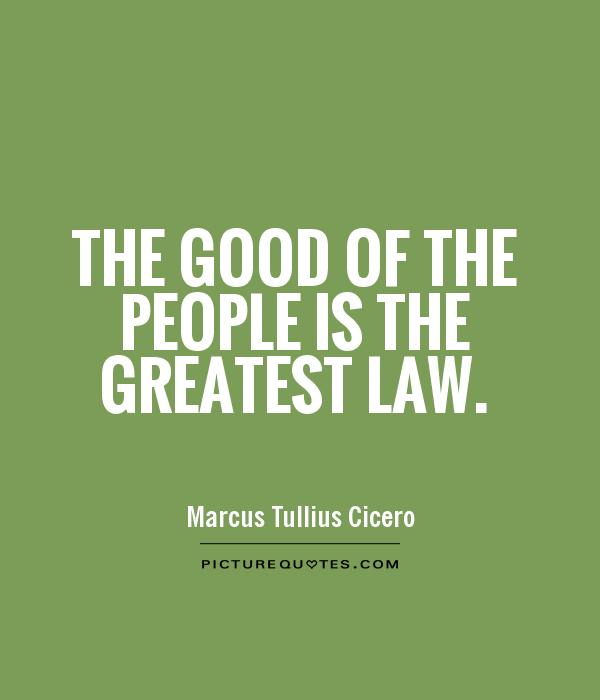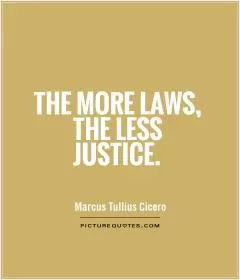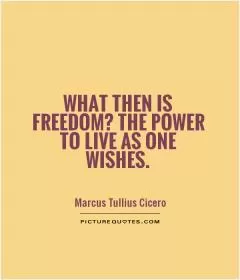The good of the people is the greatest law

The good of the people is the greatest law
The phrase "The good of the people is the greatest law" encapsulates the fundamental principle that laws should be created and enforced with the well-being and benefit of society as the ultimate goal. This concept is rooted in the idea that the purpose of laws is to promote justice, equality, and the common good, rather than serving the interests of a select few or perpetuating injustice and inequality.In the context of law, this principle serves as a guiding principle for lawmakers, judges, and legal professionals to ensure that the laws they create and enforce are just, fair, and in the best interest of the people they serve. It emphasizes the importance of considering the impact of laws on society as a whole, rather than focusing solely on individual interests or agendas.
When laws are created and enforced with the good of the people as the primary consideration, they are more likely to promote social cohesion, protect individual rights, and ensure that justice is served. This principle also highlights the importance of accountability and transparency in the legal system, as laws that are not in the best interest of the people can be challenged and changed through democratic processes.
Furthermore, the idea that the good of the people is the greatest law underscores the importance of upholding the rule of law and ensuring that all individuals are treated equally under the law. It serves as a reminder that laws should be applied consistently and fairly, without discrimination or bias, in order to protect the rights and freedoms of all members of society.












 Friendship Quotes
Friendship Quotes Love Quotes
Love Quotes Life Quotes
Life Quotes Funny Quotes
Funny Quotes Motivational Quotes
Motivational Quotes Inspirational Quotes
Inspirational Quotes